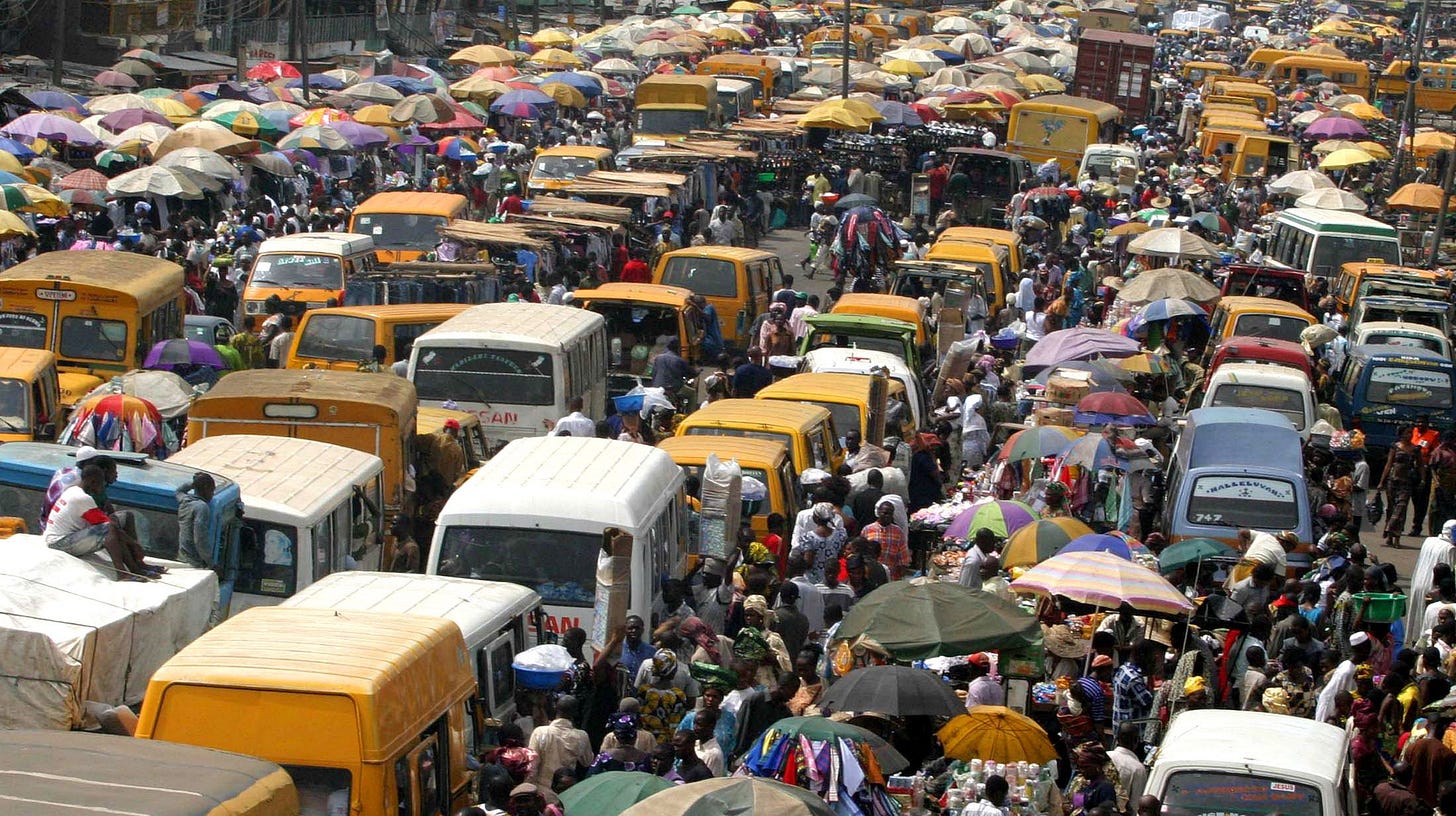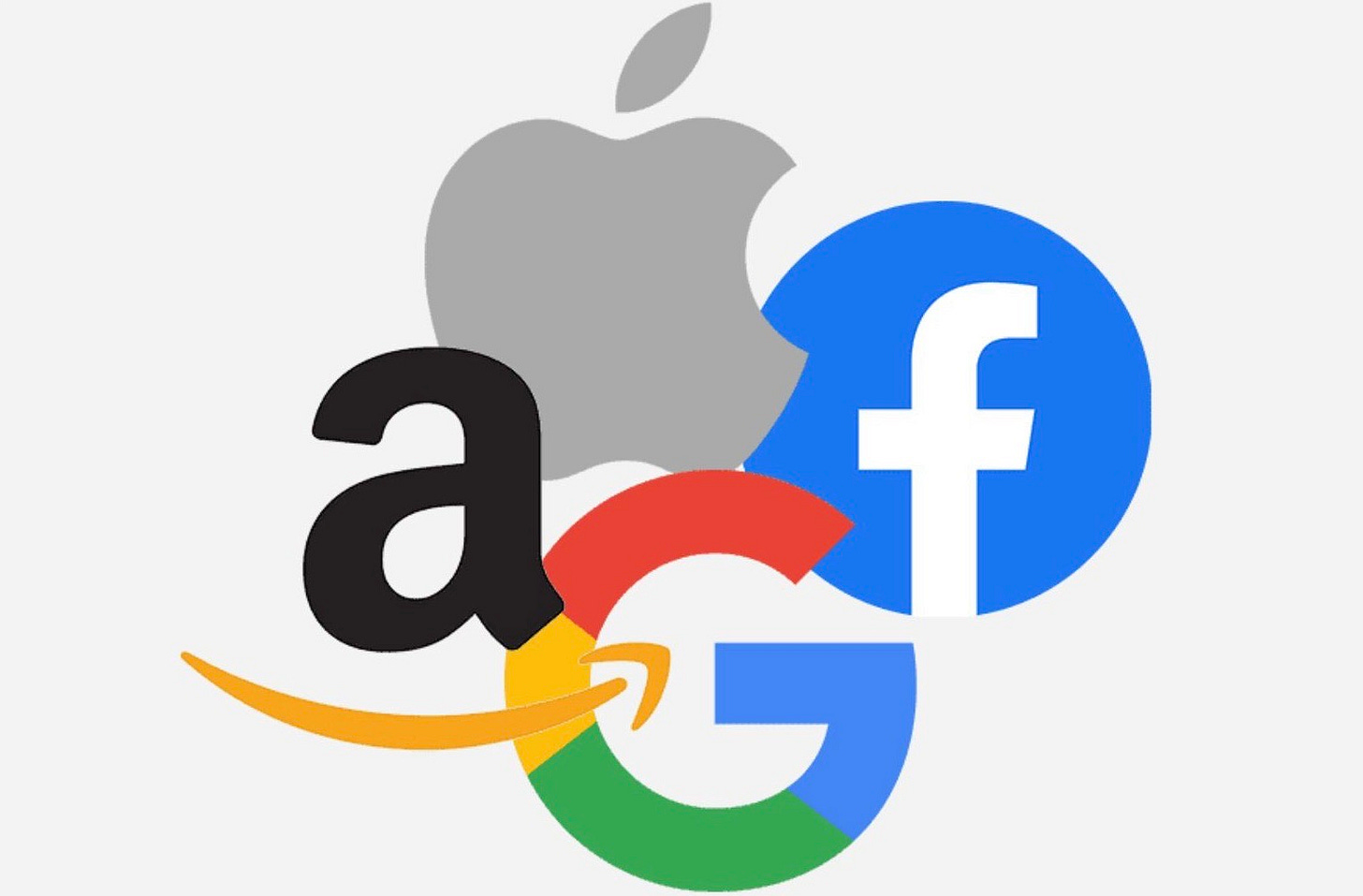Digital markets
What digital economy do we want to create?
Something very exciting happened in the African competition law space last week: the competition authorities of Nigeria, Kenya, South Africa, Egypt, and Mauritius met in South Africa to have a conversation about the digital economy.
Out of that discussion, the authorities issued a joint statement, which expressed their intent to collaborate on competition enforcement in the digital economy—so, against the usual suspects: Meta, Google, Apple, etc. Specifically, they intend to share information on investigations, to conduct research on how African tech players can expand, and to harmonise their merger control regimes.
These authorities, the most advanced on the continent, can now speak together, in one voice, against some of the largest and most powerful companies in the world.
And why is this important? One word: leverage.
I still remember when the United Kingdom attempted to summon Mark Zuckerberg in the aftermath of the Cambridge Analytica scandal (for more on the scandal, see here). And instead of going in-person, and after refusing their invitation three times, Zuckerberg sent two representatives from Facebook to go on his behalf. This was seen as a huge snub to the UK; especially because Zuckerberg showed up in-person to a similar inquiry being conducted by the European Union.

Arguably, if any of these African authorities attempted to intervene alone against Facebook (or any other large tech company) it is likely that they, too, would be snubbed (or not taken seriously). But, together, they have more leverage.
That said, I have one small and pertinent point to add about competition law and the digital economy. But, before I get to it, let me give some background on an important concept in competition law: perfect competition.
Perfect competition is a theoretical and idealistic market structure that competition enforcers (consciously or subconsciously) aim towards. In other words, the market conditions that are present when a competition enforcer imagines a normal, functioning competitive market.
Some features of this hypothetical market are: (1) buyers and sellers have complete (or at least the same) information about the product being sold, the other similar products in the market, and the various prices being charged; (2) players can enter/exit the market without significant or unnecessary costs; (3) there are a large number of buyers and sellers competing with one another; (4) players (especially dominant ones) can not single-handedly decide to increase the price of their product, instead price is determined by demand and supply; and (5) buyers make informed and rational decisions, instead of making decisions based on deception or manipulation.1

Any deviation from these market conditions = imperfect competition. And because few markets are perfectly competitive, competition authorities are left with plenty of work to do to correct market dynamics. Think of it like health: very few (if any) people are perfectly healthy, but that does not mean that Doctors do not have some notion of perfect health that guides their practice.
To be clear though, the concept of ‘perfect competition’ is by no means perfect. Many issues, which I will not delve into now, have been raised with it. But, what I will say now, and this is the small point I referred to earlier, is that we need to really think about what perfect competition looks like in the digital economy.
The model was created in the context of a very different economy. One which was not dominated by the network effects, ecosystems, and data-opolies (and no, I didn’t make that term up) that we see in today’s digital economy. And ultimately, we need something similar—some yardstick, or some goal to aim towards—to guide our interventions in the digital economy.
If you attend any conference on competition law and the digital economy, and there are many of these, you would be hard-pressed to find someone who didn’t agree that competition enforcers, around the world, have struggled to deal with the problems posed by the digital economy. And they are generally correct.
In fact, the two main competition regimes—the European Union and the United States—are in the process of being updated. A new Digital Markets Act and an Open App Markets Act are, respectively, being considered.
However, there is little discussion, at these same conferences, of what the digital economy would or should resemble under perfect (or optimal) competitive conditions.
Our current competition regimes were created to take us closer to a notion of perfect competition in the pre-digital economy. If we acknowledge that the regimes need updating, then we must explicitly acknowledge that the goal they were taking us towards also needs updating. And if we are willing to update our regimes, we must articulate the market conditions we aim to create.
That said though, it is possible that articulating this goal might not change much. It will very likely be time consuming; as opposed to just seeing a problem and solving it, or seeing a clear anti-competitive practice and preventing it.
Still, I think it is a worthwhile endeavour. Having a clearly articulated goal might reveal other tools for intervention that we can create, or it might inform different strategies we could adopt.
Most importantly, there are many crucial questions that need to be answered. For instance, how much should we protect African players in the digital economy? How much control/influence should we let non-African players have in the African digital economy? Should we encourage a centralised WeChat-like digital economy, where one company does pretty much everything? Or a decentralised digital economy with many players? How should online platforms compete to protect our privacy?
A model of perfect competition in the digital economy would provide answers to these questions and many more.
Before you go…
…here is a recent development in the world of competition law:
Excessive pricing in South Africa: The Competition Commission of South Africa has referred a matter to the Competition Tribunal of South Africa for Roche Holding AG and its subsidiaries to be prosecuted for excessive pricing. Apparently, the companies imposed excessive prices for Trastuzumab, a breast cancer drug, which led to approximately 10,000 breast cancer patients being unable to afford the drug between 2011 and 2019. Most of these patients, according to the Commission, are poor women and as such, the Commission is seeking to impose the maximum penalty against Roche and its subsidiaries, which is 10% of their annual turnover in South Africa.
The opposite of a perfectly competitive market is a pure monopoly: one player, who controls all the supply of a good or service, and can charge whatever price (or produce whatever quality) it wishes. And consumers have no alternative because other players cannot enter the market easily. This, as the theory predicts, culminates in little-to-no incentive to innovate, or to lower prices, to the detriment of consumers.


